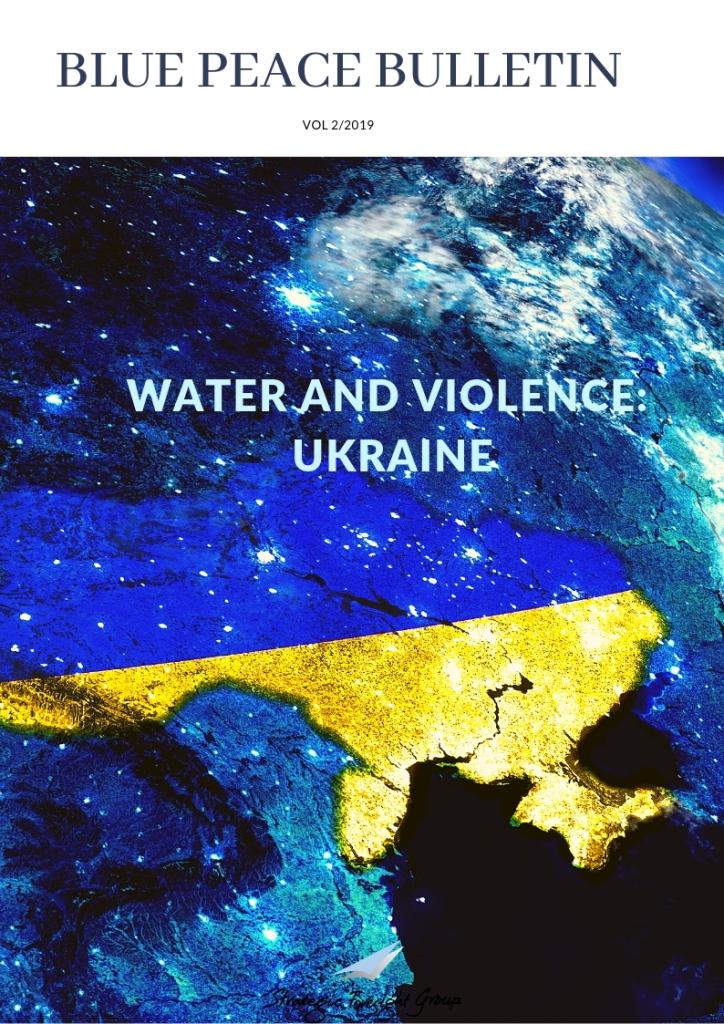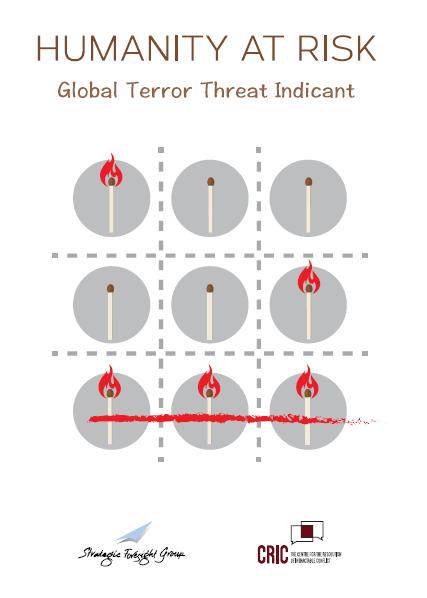India and Afghanistan: The Way Forward
 |
April, 2010
By Anumita Raj
|
India's historic ties with Afghanistan are now under a scanner as a whole litany of pressures, some old and some new, some external and some internal, have come into play in the politics of the region. India's involvement in the country has begun to be moulded by aspects other than its own interests in the country, and the interests of the Afghan people. In the near future, due to the increasing attacks in Indian targets in Afghanistan, India will, in essence, be forced to shape its policy in the country more as a reaction to external events, rather than as a way to achieve its own ends.
At present, India's principal involvement in Afghanistan is in reconstruction and rehabilitation. From early on, India stepped up to provide aid reconstruction projects to its war-torn partner. While staunchly against committing any military support to the ongoing war in Afghanistan, India has spent more than USD 1.2 billion in aid till date. India's reconstruction efforts have focused on shoring up Afghanistan's devastated infrastructure. India is the 6th largest bilateral donor to Afghanistan, working on projects that include school building, hospital building, highway construction, laying down power lines, and road construction.
Several thousand Indians live and work in Afghanistan on a host of Indian-led development projects. However, India's interests and personnel are becoming increasingly unsafe as recent attacks have focused specifically on Indian targets. The latest attack on February 26th, 2010, on a guesthouse where many Indians lived was deliberately planned to kill as many of them as possible. This attack, coupled with a car bombing in December 2009, has forced several Indian companies and NGOs to recall their staff, fearing for their safety. Many other projects with Indian crews have since seen their numbers reduce drastically as their staffs choose to leave Afghanistan under threat for their lives.
The biggest opposition to India's expanding presence in Afghanistan comes from Pakistan, which is vehemently against India having any substantive role in shaping Afghanistan's future. Pakistan's fear of India's growing influence in the region has, in turn, pushed the United States to not offer too much support to India on the matter, despite their official statements to the contrary, from people such as Secretary of State Clinton and General McChrystal. While publicly maintaining the importance of India's good works in the country, privately, the Americans are under pressure from a recalcitrant Pakistan that is determined to completely push India out of Afghanistan.
India has signalled its commitment to the region and refused to waver from its intentions to continue to play a role in Afghanistan's future. Not only is India not in the mood to be bullied, but is invested in maintaining a grip in the region, specifically given the natural partnership between Afghanistan and Pakistan. However, Hamid Karzai delivered a snub to the Indian leadership recently when he made a statement prioritizing Pakistan's relationship over India's. Given the extent of India's involvement in reconstruction efforts there, it is telling that Karzai chose to emphasize his country's relationship with Pakistan over that with India. Karzai knows at this point that despite the vitality of India's aid to the people of Afghanistan, he can not afford to alienate Pakistan.
From here on, it is not a matter of "if" attacks on Indian targets will increase, but a matter of "when" they will. As the attacks escalate, the hope is that India will be scared off enough to back away from an increasing engagement with the Afghan peace process. However, given the value that India places on its strategic involvement in Afghanistan and its own ambitions to grow into a regional powerhouse, it is unlikely that India will scare easily. Already, many Indians that left after the February attacks have begun to slowly return to Afghanistan in April.
Despite Afghanistan's own issues regarding Pakistan, it can not afford to turn down India's friendship and more importantly, its financial aid. Similarly, the United States can not place too much more pressure on the Indians to leave, as they provide much needed infrastructure and a measure of stability to the country. However, it can also be expected that Pakistan will not let the matter rest, and will do everything in its power to continue to put pressure on all involved parties to oust India from Afghanistan. Determined to be the most important player in the mix when the United States starts to pull out of Afghanistan in 2011, Pakistan has attempted to insinuate itself into all matters concerning the country's future.
In this regard, the big question for India is what will happen when the Americans start to leave. While India is all for a stable government in Afghanistan, it has been dismayed by signals of rapprochement being sent in private by the United States to certain factions of the Taliban. Foreign Secretary Nirupama Rao recently urged the international community to not differentiate between the ideas of a "good" and "bad" Taliban. Domestically, it will be hard for India to sell its continued aid to Afghanistan if certain factions of the Taliban are given legitimacy by the United States on their way out from the country. A hard line right-wing opposition in India will not sit lightly on the idea of India sending large amount of money and support to a country that has members of the Taliban in its government.
In the next few months, two things can be expected. Attacks on Indian interests will continue to slowly ramp up, testing India's patience and commitment in Afghanistan, though not to the breaking point. The other thing that is likely to happen is a re-evaluation on the part of India's top brass on the long term strategy for Afghanistan. As of now, India is on the back-foot, and will have to refurbish its plans to take a more aggressive stance. Otherwise, India can expect other regional players to continue to dictate its foreign policy in Afghanistan.
Related Publications
Related latest News
Related Conferences Reports
-

P5 Experts Roundtable on Nuclear Risk Reduction
Download:Geneva Roundtable Report
-

Roundtable on Global Security and Catastrophic Risks
Download:Report on RT revise





